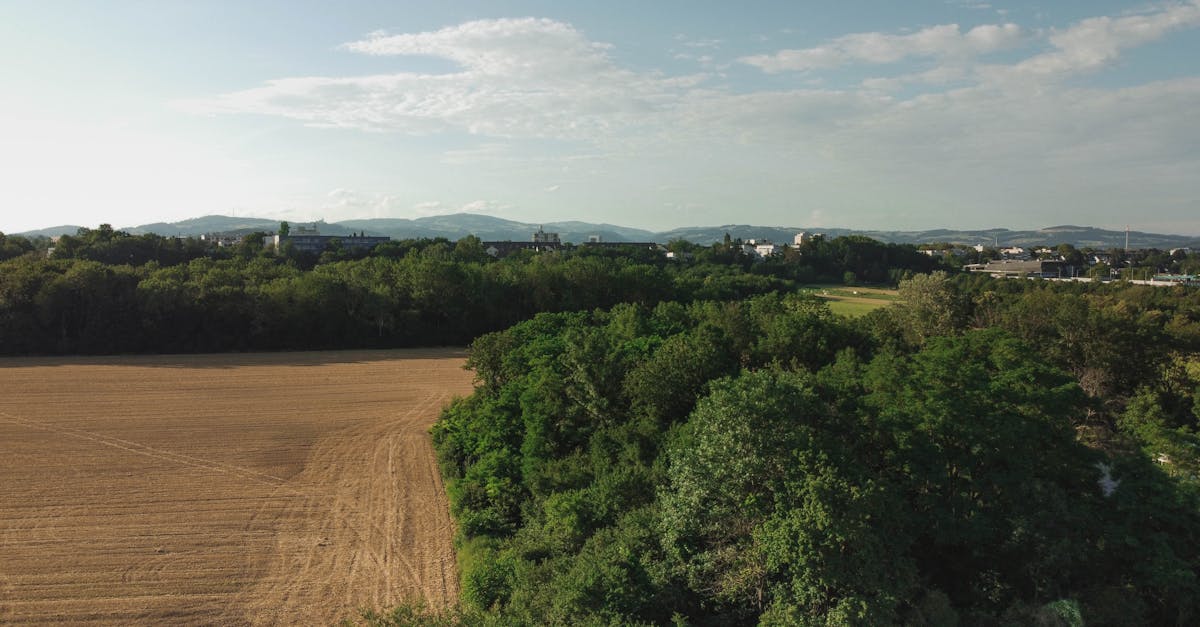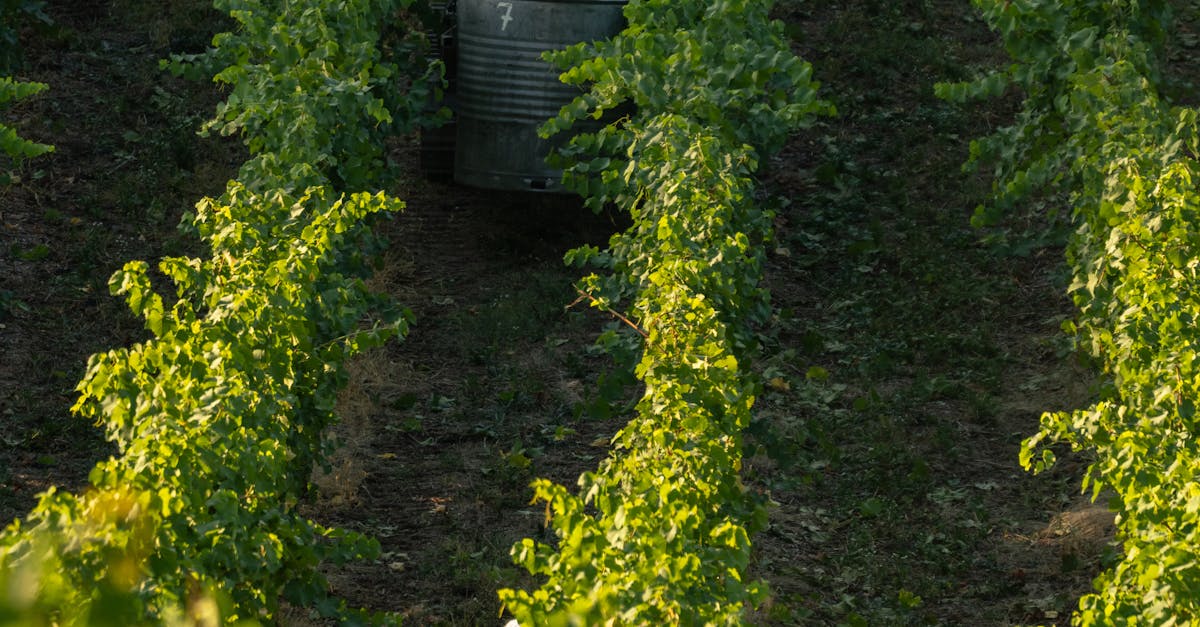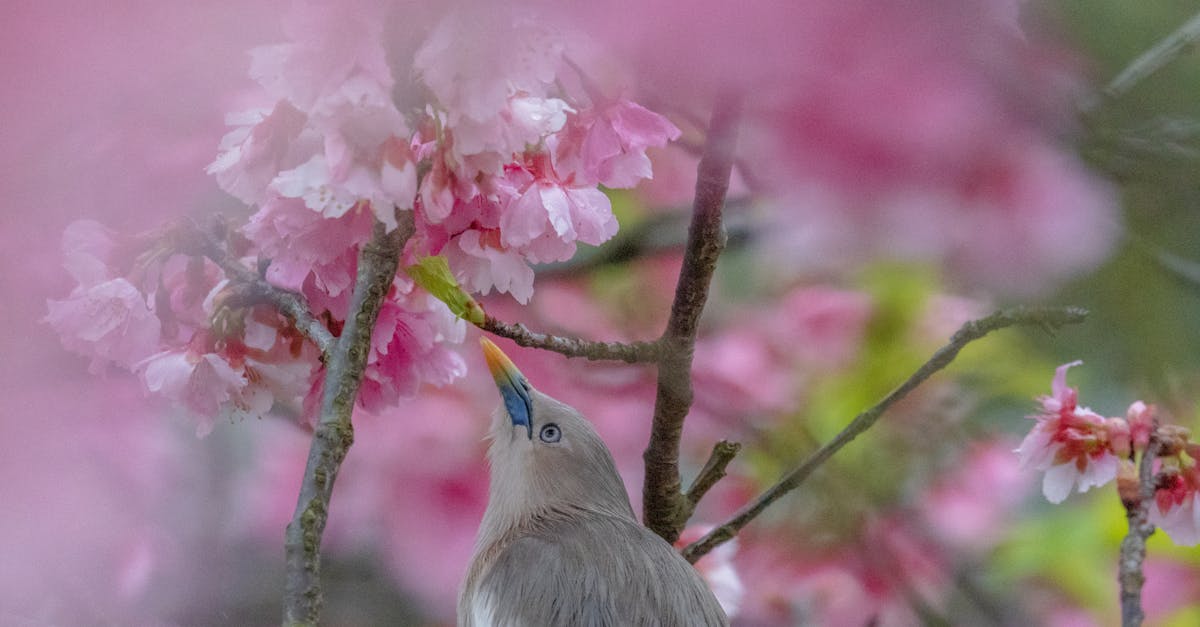
Common mistakes to avoid when fertilizing trees
When considering tree fertilization in Blackburn, Melbourne, there are common mistakes that should be avoided to ensure the health and vitality of your trees. One of the main pitfalls is over-fertilizing. Applying excessive amounts of fertilizer can actually harm trees rather than help them. This can lead to nutrient imbalances in the soil and cause root burn, ultimately stunting the tree's growth and making it more susceptible to disease and pests. It is important to adhere to the recommended dosage and frequency of fertilization to prevent such issues.
Another mistake to avoid is using the wrong type of fertilizer. Not all trees have the same nutrient requirements, so it is crucial to choose a fertilizer that is specifically formulated for the particular species of tree you are looking to nourish. Using a generic or inappropriate fertilizer can lead to nutrient deficiencies or excesses, which can have detrimental effects on the tree's overall health. Taking the time to research and select the right fertilizer for your specific tree species will go a long way in promoting its growth and longevity.
Pitfalls to watch out for in tree fertilization
Tree fertilization in Blackburn South, Melbourne requires careful consideration to avoid certain pitfalls that can hinder tree health rather than enhance it. One common mistake is over-fertilizing trees, which can cause nutrient imbalances and lead to excessive growth, making trees more susceptible to diseases and pests. Equally harmful is under-fertilization, as trees may not receive enough nutrients for optimal growth and vitality. It is essential to strike a balance and follow recommended fertilization practices to ensure healthy tree development.
Another pitfall to be mindful of in tree fertilization is the improper application of fertilizers. When fertilizers are applied too close to the tree trunk, it can lead to root burn and damage the tree's root system. On the other hand, spreading fertilizers too far from the tree's canopy may result in nutrients not reaching the tree's root zone effectively. Therefore, it is crucial to apply fertilizers at the right distance from the trunk and ensure even distribution to promote uniform nutrient uptake by the tree roots.
Specialty fertilizers for specific tree types
Tree fertilization in Attwood, Melbourne is a crucial aspect of maintaining the health and vitality of trees. When it comes to choosing the right fertilizer, it is important to consider the specific needs of different tree types. For example, fruit trees such as apple and citrus trees benefit from fertilizers with a higher potassium content to promote fruit production and overall tree strength. On the other hand, fast-growing trees like eucalyptus may require nitrogen-rich fertilizers to support their rapid growth and development.
In addition to considering the nutrient requirements of different tree species, it is also important to take into account the soil conditions in which the trees are planted. For instance, trees growing in sandy soil may require fertilizers with a higher phosphorus content to aid in root development, while trees in clay soil may benefit from fertilizers with added organic matter to improve soil structure and nutrient retention. By tailoring fertilizer choices to specific tree types and soil conditions, tree owners can ensure that their trees receive the necessary nutrients for healthy growth and longevity.
Tailoring fertilizer choices to different tree species
Selecting the right fertilizer for trees is crucial to ensure their optimal growth and health. When considering the diverse array of tree species, it becomes apparent that different trees have unique nutrient requirements. For instance, native Australian eucalyptus trees thrive on a diet rich in phosphorus and potassium. On the other hand, deciduous trees like maple and oak often benefit from fertilizers high in nitrogen to promote lush foliage and strong growth. Tree fertilization in Altona North, Melbourne, should take into account the specific needs of the tree species present in the area, providing tailored nourishment for their flourishing.
Understanding the nutritional preferences of various tree species enables arborists and gardeners to make informed decisions when selecting fertilizers. For example, fruit-bearing trees such as citrus or apple trees may require fertilizers with a balanced blend of nitrogen, phosphorus, and potassium to support robust fruit production. Furthermore, evergreen trees like pine or cedar often respond well to slow-release fertilizers that offer sustained nourishment over an extended period. By recognising the individual requirements of different tree species, practitioners can promote healthy growth and resilience, contributing to the overall vitality of urban green spaces.
Environmental impact of tree fertilizers
Tree fertilizers play a significant role in enhancing the health and growth of trees. However, it is crucial to consider the environmental impact of these fertilizers, especially in the context of Tree Fertilization in Melbourne. Excessive use of synthetic fertilizers can lead to nutrient run-off, contaminating water sources and disrupting the natural balance of ecosystems. This contamination can have detrimental effects on aquatic life and biodiversity, highlighting the importance of adopting sustainable and eco-friendly fertilization practices.
In addition to water pollution, the improper use of fertilizers can also contribute to soil degradation and air pollution. High levels of nitrogen in the soil, resulting from over-fertilization, can lead to soil acidification and reduce its fertility over time. Moreover, the release of greenhouse gases such as nitrous oxide during the decomposition of synthetic fertilizers can further exacerbate climate change issues. Therefore, it is essential for arborists and tree care professionals in Melbourne to carefully assess the environmental implications of their fertilizer choices and opt for organic or slow-release options wherever possible.
Sustainable options for tree fertilization
Sustainable options for tree fertilization play a crucial role in maintaining the health and vitality of trees while minimising harm to the environment. In the context of Tree Fertilization in Altona North, Melbourne, opting for organic fertilizers can be an eco-friendly choice. These fertilizers are derived from natural sources such as compost, manure, or organic waste, providing essential nutrients to trees without introducing harmful chemicals into the ecosystem. By choosing organic options, tree owners can support the health of their trees while promoting sustainable practices in their local environment.
Another sustainable approach to tree fertilization involves using slow-release fertilizers. These types of fertilizers provide a gradual release of nutrients over an extended period, ensuring that trees receive a consistent and steady supply of essential elements for growth. Slow-release fertilizers not only benefit the health of trees by preventing nutrient leaching but also reduce the frequency of applications, thus lowering the overall environmental impact. In the context of Tree Fertilization in Altona North, Melbourne, incorporating slow-release fertilizers into tree care practices can lead to healthier, more resilient trees while promoting sustainability in the local community.
FAQS
What is the best fertilizer for trees?
The best fertilizer for trees depends on the specific needs of the tree species. It is recommended to conduct a soil test to determine the deficiencies before selecting a fertilizer.
How often should I fertilize my trees?
It is generally recommended to fertilize trees once a year, preferably in the early spring before the growing season begins. However, the frequency may vary depending on the age and health of the tree.
Can I use regular garden fertilizer for trees?
While some garden fertilizers may be suitable for trees, it is best to use a fertilizer specifically formulated for trees to ensure they receive the proper nutrients in the correct proportions.
What are some common mistakes to avoid when fertilizing trees?
Some common mistakes to avoid when fertilizing trees include over-fertilizing, applying fertilizer too close to the trunk, and using the wrong type of fertilizer for the tree species.
How can I minimize the environmental impact of tree fertilizers?
To minimize the environmental impact of tree fertilizers, consider using organic or slow-release fertilizers, avoid over-application, and follow the recommended application rates and guidelines.




